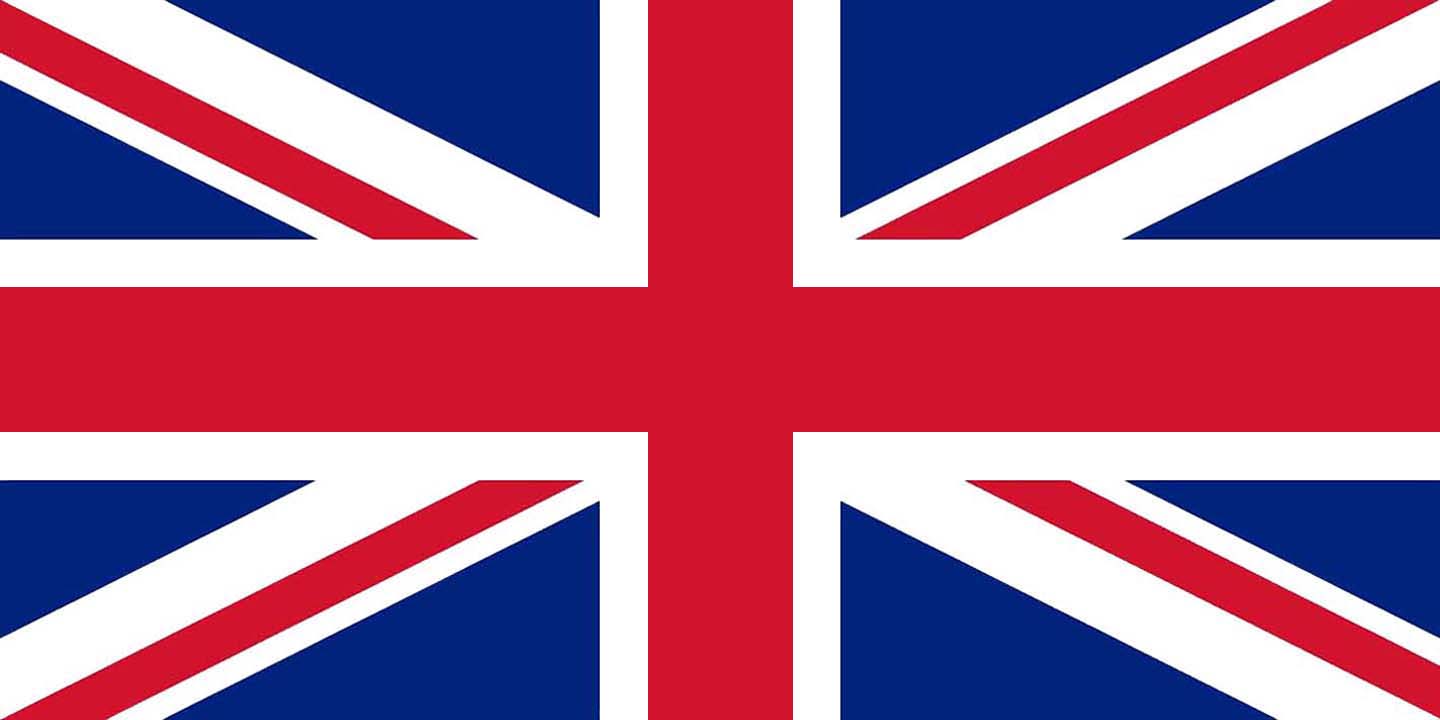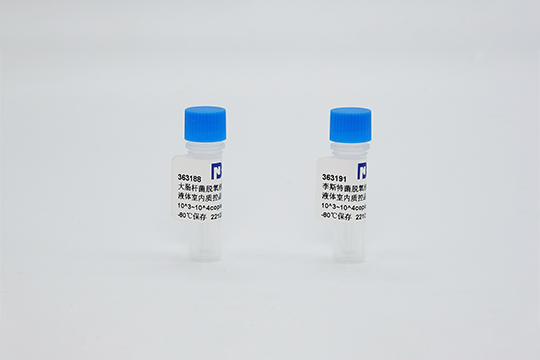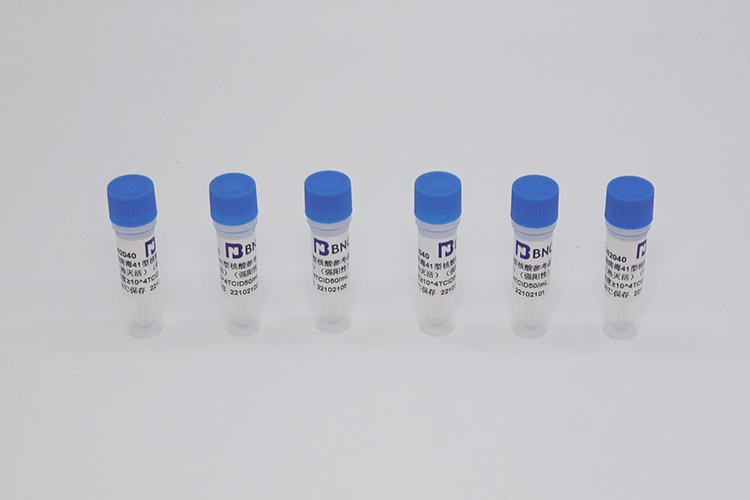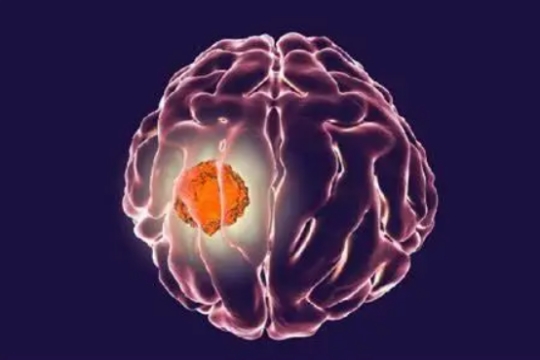Product Recommendation Cosmetics series standard material, welcome to buy!
Published:2024-09-27 17:22
Editor:BNCC
With the vigorous development of the cosmetics industry, relevant regulations and standards are gradually established and improved, and the quality and safety supervision of cosmetics is also constantly strengthened. Relevant laboratory instruments and equipment are used to detect all kinds of cosmetics components content in order to comply with national regulations and standards and ensure the health quality and safety of cosmetics.
- Product information
| Item No. |
Product name |
Specification |
| WY406722 |
Piroctone olamine salt (hydroxypyrazone) in cosmetics-QC |
20g,2980mg/kg |
| WY420559 |
Acrylamide in Cosmetics-QC |
20g,17mg/kg |
| WY405194 |
Diethylene Glycol (DEG) in Cosmetics-QC |
20g,915mg/kg |
| WY421170 |
Lead, cadmium, mercury, chromium and total arsenic in cosmetics-QC |
20g,5 components |
| WY421169 |
Arsenic, mercury, lead and cadmium in cosmetics-QC |
20g,4 components |
| WY395242 |
Estriol and 7 other hormones in methanol |
1.2mL,7 components |
| WY386313 |
19 mix spices in methanol |
1.2mL,19 components |
- Development method
For the preparation of standard solution, certified purity reference materials or raw materials with quasi-determined purity values are prepared by weight-capacity method in a clean laboratory at (20+3)℃, with the prepared value as the standard value, and quantitative value verification is carried out with reference to the detection method required by the corresponding standard., including product uniformity inspection, long-term stability follow-up inspection. The traceability of the standard material quantity value is ensured by using the preparation measuring methods and measuring instruments that meet the requirements of metrology characteristics.
The preparation of the matrix quality control sample is combined with relevant standards or market demand, select the appropriate cosmetics as the substrate, and prepare in a clean laboratory through a certain processing technology. The value setting method adopts the prepared value or the test value as the standard value, and the test is carried out in accordance with the pre-treatment method and the detection method stipulated in the corresponding standard to ensure the accuracy and reliability of the quality control sample quantity value.
- Application fields
Can be used as a working standard for daily analysis and testing; It can also be used for laboratory quality control such as test method evaluation and instrument calibration. Matrix quality control samples, according to the different substrates used, can be applied to the quality analysis of related ingredients in various cosmetics such as creams, lotions, toners and so on.
- Notes
The storage conditions of the standard material have a great impact on the stability of the standard material quantity, and the certificate should be stored in strict accordance with the use process. For solution type standard substances, it is generally stored in cool (not more than 20 ° C), refrigerated (4+4 ° C), frozen (-18 ° C) under closed and dark conditions. Before use, it should be balanced at room temperature (20.3)℃ and shaken sufficiently to ensure uniformity. Once the ampoule bottle is opened, it should be used immediately. It can not be used as a standard material after re-sealing, and contamination should be strictly prevented during use.
For the matrix quality control samples, should refer to the corresponding certificate to clarify its storage conditions and use methods, generally in a cool (not more than 20℃) sealed storage. Fully shake before use to ensure uniformity, and strictly prevent contamination during use. Once the outer package is opened, it should be used as soon as possible to avoid changes in the relevant characteristics of the sample. If it needs to be placed for a long time, the bottle cap should be tightly closed. After the essential control sample is removed from the packaging bottle, it can not be put back into the original bottle as a quality control sample.

 info@bncc.com
info@bncc.com
 - English
- English
 - Japanese
- Japanese



